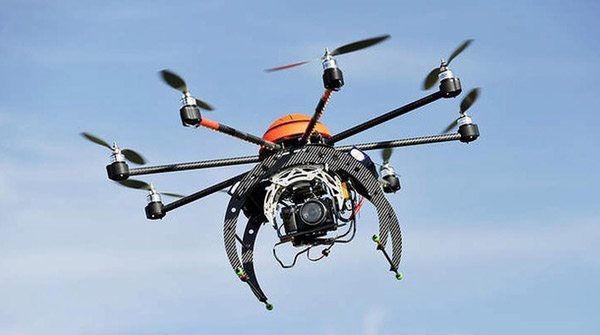In a significant blow for intermediary liability protections in Australia, the country's High Court (which is the country's topmost court) ruled on September 8 that news organisations that post their articles on social media are responsible for comments on those social media sites as though they had published them. "An action for defamation does not require proof of fault. Defamation is a tort of strict liability, in the sense that a defendant may be liable even though no injury to reputation was intended and the defendant acted with reasonable care," the full bench of the High Court decided. "A publisher's liability does not depend upon their knowledge of the defamatory matter which is being communicated or their intention to communicate it." The case is an appeal of Dylan Voller v. Fairfax Media, Nationwide News, and Australian News Channel Pty Ltd. Intermediary liability is the responsibility an intermediary holds for content that is published through it. In technology, intermediaries are generally protected from liability for user-generated content, as long as they take content down when told to do so. But cracks are emerging in these protections all around the world. Australia's new interpretation — that news organisations are as responsible for the words of commenters on their social media profiles as they are for the news they publish — is bound to open a can of worms on intermediary liability jurisprudence in the country. Implication of judgement "The Court of Appeal was correct to hold that the acts of the appellants…





























